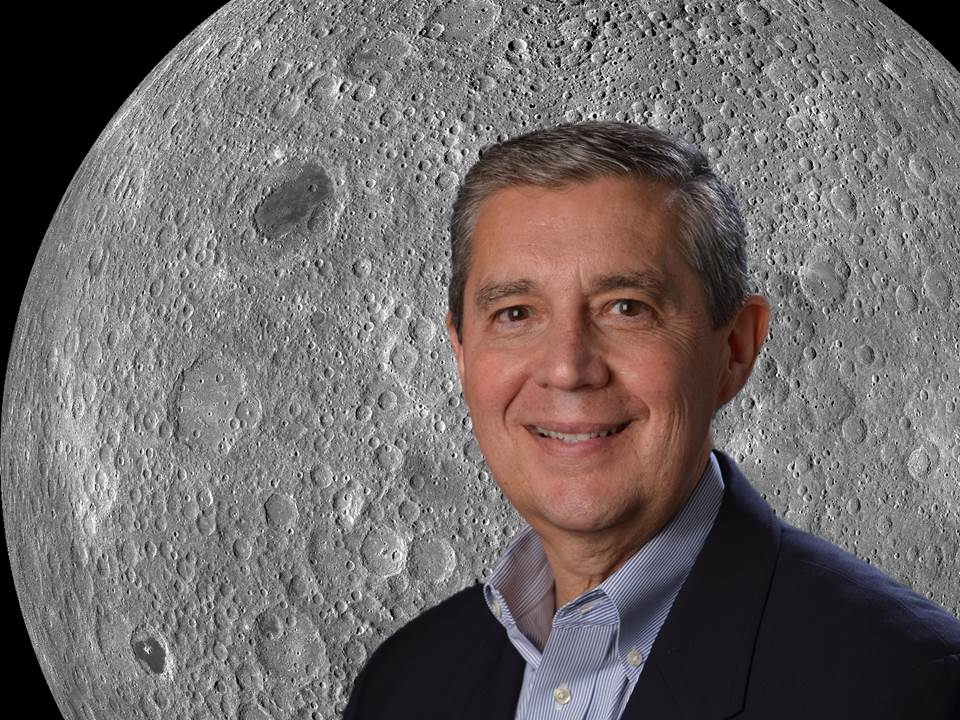Candidate Statement: Jack Burns
Nominated Office: Vice-President
Affiliation: University of Colorado Boulder
Position/title: Professor and Vice President Emeritus
PhD institution: Indiana University (1979)
Areas of scientific interest:
- Using 21-cm Hydrogen Cosmology to detect the first stars/galaxies at z>10
- design of space and ground-based low radio frequency instruments for Hydrogen Cosmology experiments
- x-ray and radio observations
- numerical cosmological simulations of galaxy clusters
AAS positions:
- Committee on Astronomy & Public Policy (CAPP) (2000-present)
- CAPP Chair (2006-2009, 2011-present)
- Committee for Selection of AAS Public Policy Director (2012)
- Employment Committee (1998-2003)
Other relevant positions and experience:
- NASA Advisory Council (2008-2011); Chair of NASA Advisory Council Science Committee (2009-2010)
- Chair of CCAT Telescope Corporation Board of Directors (2011-present)
- Director of NASA Lunar Science Institute’s Lunar University Network for Astrophysics Research (2009-present); Member of Executive Council for NASA Lunar Science Institute (2009-present)
- Member of Public Policy Subcommittee, Astro2010 Decadal Survey (2009)
- Member of NSF Subcommittee on Recompetition of Major Research Facilities (2012)
- Member of Executive Council, Astrophysics Research Consortium (ARC) (1989-1996)
- Nominating Committee, Astrophysics Division of the American Physical Society (1999-2002)
- Electorate Nominating Committee, Section on General Interest in Science & Engineering, American Association for the Advancement of Science (2006-2008)
- Member of Board of Directors, National Center for Women and Information Technology (2004-2009)
- Vice President for Academic Affairs & Research, University of Colorado (2001-2005)
Candidate Statement: It has been my privilege to serve as Chair of the Committee on Astronomy & Public Policy (CAPP) over much of the past decade. During these turbulent and highly challenging times, our CAPP Committee has been proactive in rallying support for JWST, for NASA’s planetary sciences, and for the grants program at the NSF. An important part of our work on CAPP is communication with AAS members via special sessions on science policy at our national meetings. Working closely with AAS presidents and vice-presidents, we have brought federal policymakers from the Executive Branch’s Office of Science & Technology Policy, from Congress, and from federal agencies to our meetings. An important responsibility for the AAS vice-president is planning the content and inviting speakers for our meetings, a role with which I have much experience via CAPP. Beyond federal funding issues, I will work to develop diverse programs of speakers from emerging new research areas, programs and panels that present industry and nonacademic career opportunities which utilize astronomers’ interdisciplinary breadth, and programs that feature research performed by young astronomers. I will commit to broaden our meeting programs with more international astronomers and more discussions of innovations in education.


